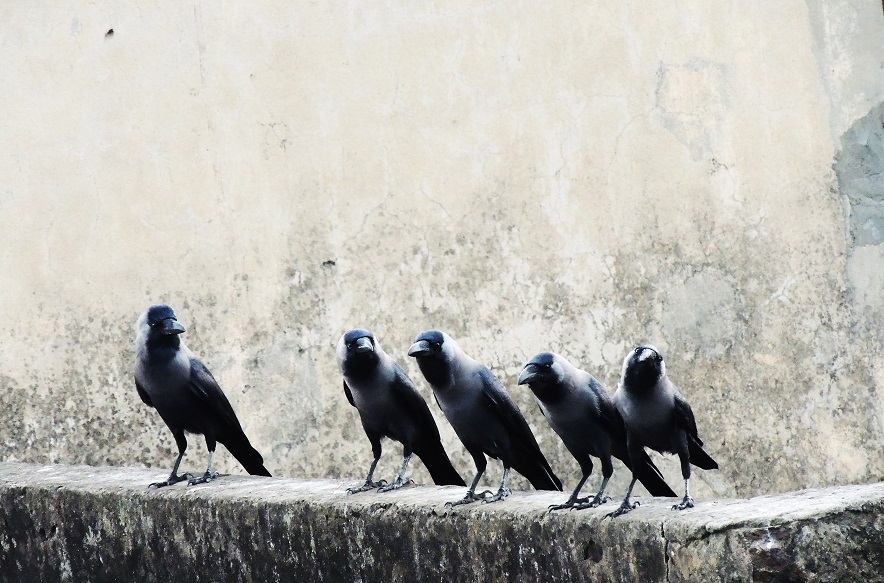Editor's Note: Grudges
Ravens, it appears, can hold a grudge.
Research published by scientists in Austria and Sweden in the June 2017 edition of the journal Animal Behaviour indicates that ravens can remember the faces of the trainers who cheated them out of treats. The authors write that "the results show that ravens with first-hand experience were more likely to interact with experimenters with whom they had had a positive previous experience, and that this memory lasted at least one month."
The research suggests that—along with humans, most primates, and crows—ravens are aware of whether people are trustworthy and can base future decisions on past experience. In an article on the topic for Quartz, Lila MacLellan writes that "the ravens who previously dealt with the devious researchers demonstrated that they preferred the people who had followed the established rules…by choosing to interact with the cooperative humans more often."
In the study, the ravens who had been previously cheated were also more likely to recognize trainers who had cheated other birds. MacLellan writes that "those ravens who had first-hand experience of being conned by other trainers were slightly more likely to recognize the scoundrels in the group they had only observed." She notes that "witnessing another bird get cheated, at least in some cases, appeared to reopen their own wounds."
There is no debate over the fact that humans are exceedingly good at remembering people who have wronged them. They are also skilled at becoming indignant on behalf of wronged members of their tribe. Humans can remember these transgressors because we are incredibly good at recognizing the patterns inherent in the human face.
As our modern lives increasingly migrate online, our interactions become more and more faceless, causing us to become less sure about the humans on the other side of our digital transactions.
Several articles in this issue of Security Management explore what it means when those online are devious and refuse to play by the rules. The cover story "Held Hostage" by Associate Editor Megan Gates discusses the rise of ransomware and the ways that hackers are making it easier for criminals to launch attacks. An article by Don Aviv, CPP, PCI, PSP, and Shannon Wilkinson addresses the next step in social media dominance. Now that social media is so ubiquitous, the line between private and work-related posts are blurring. The results can lead to corporate liability. The Cybersecurity department ("An Identity Crisis") explores what identity means after the Equifax hack—if cyber criminals have every detail of a person's history, how can we authenticate anyone online?
It turns out that people can still hold a grudge. But, unlike the raven, we find it increasingly difficult to know who conned us.
